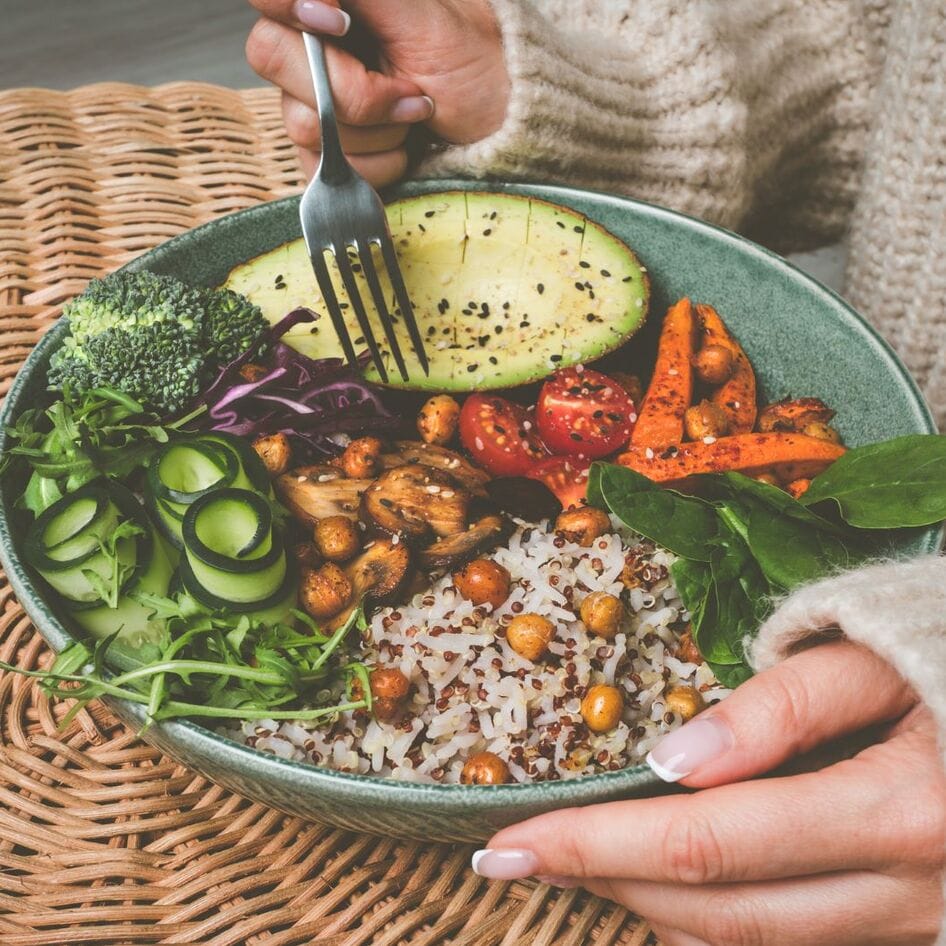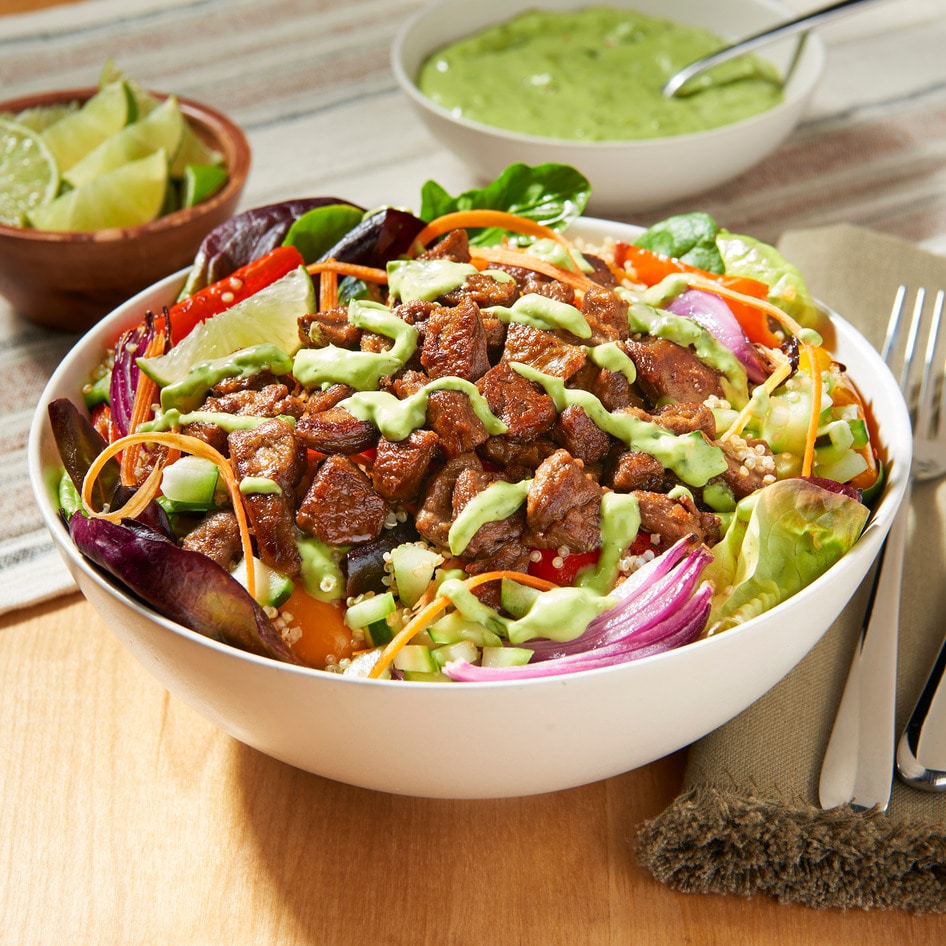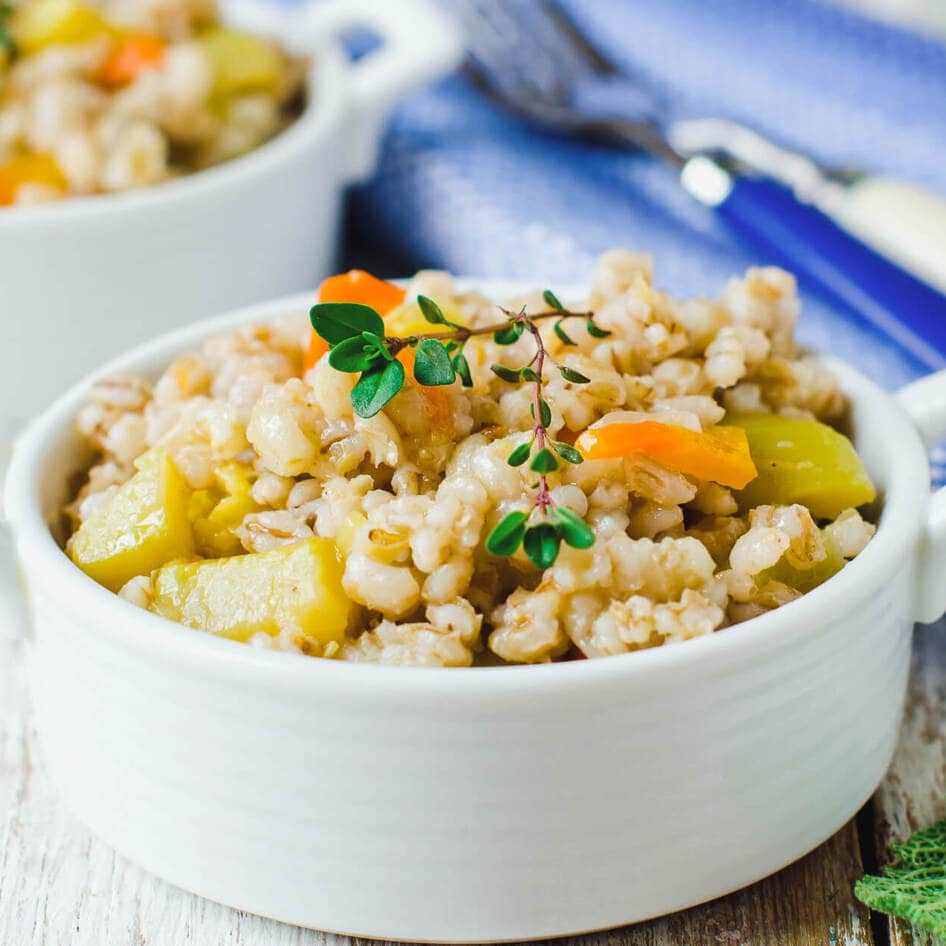Way back in ancient Egypt, a princess called Ahmose Meryet Amon died in her 40s. At the time, little was known about why. But thanks to technological advances, in 2011, it was revealed that the Egyptian princess was the first known person to die from a condition that still remains prevalent today: heart disease.
When the findings were released, Gregory Thomas, a professor of cardiology at the University of California, said that today, Amon’s life would likely have been prolonged by double bypass surgery, and she would have been advised to eat less fat and exercise more. But while major advances in modern medicine have, no doubt, saved many people from an early death due to heart disease, it still remains one of the world’s biggest killers—thousands of years on from the first recorded case.
So what causes heart disease? And what can we do to reduce the risk? Can a plant-based diet, for example, lower the chances of developing the life-threatening condition? Here, we take a closer look at the answers to these questions, and we’ve also rounded up some heart-healthy recipes, too.
Heart disease
Globally, heart disease is a major problem. Right now, roughly 550 million people around the world are living with heart and circulatory diseases, which is about one in 14. But in the US, where heart disease has been the leading cause of death since the 1950s, the CDC reports that one person has a heart attack every 40 seconds. And in 2020, it was the cause of one in every five deaths in the country.
 Cottonbro Studio/Pexels
Cottonbro Studio/Pexels
There are several different types of heart disease, but most heart attacks are caused by coronary artery disease, which is also commonly referred to as coronary heart disease or ischaemic heart disease. It usually occurs when the blood vessels surrounding the heart become clogged with cholesterol, so they are unable to send enough blood, oxygen, and nutrients through to the heart.
What causes heart disease?
According to Yelena Wheeler, MPH, RD, a “multitude of factors” can lead to heart disease. She told VegNews that they include things like genetics, environmental stressors, lack of exercise, obesity, and smoking. And socioeconomic status and ethnicity also play a role. This is backed up by a wide body of research. For example, in the US, in 2018, one study suggested that Black Americans were 30 percent more likely to die from heart disease than non-Hispanic white people. This is due to a few reasons, most of which stem from systemic racism.
 Adobe
Adobe
For example, Black Americans are less likely to live in safe, walkable neighborhoods, and this can contribute to lower levels of physical activity. Black Americans also suffer higher rates of poverty, which means medical care can be difficult to access. Plus, according to research from McKinsey Global Institute, one out of every five Black households in the US live in a food desert, where fresh, affordable, nutritious food is not readily accessible. This is a major issue, considering the role that a healthy diet can play in lowering the risk of heart disease.
Does diet improve heart health?
The Standard American Diet is associated with high levels of saturated fat, red meat, processed sugar, and salt, all of which can increase the risk of heart disease. But despite this, the diet is still widespread. Research suggests that, despite its link with heart disease, the consumption of processed meat, for example, has not dropped in the US since 2001. But like certain foods can increase the risk of heart disease, others can reduce it.
“Diet is one of the only factors within our control which can prevent heart disease,” says Wheeler. “A balanced diet full of complex carbohydrates, fiber, antioxidants, and healthy fats, such as a plant-based diet, is instrumental in heart health.” Again, this is backed up by research.
In 2021, two studies suggested that eating a nutritious, plant-based diet may lower the risk of cardiovascular disease for both young and older adults. The researchers found that those who ate a nutrient-rich, plant-forward diet were 52 percent less likely to develop heart disease.
“Plant-based diets are instrumental for heart health because they contain no dietary cholesterol, generous amounts of fiber and micronutrients, and very little saturated fat,” adds Ashley Kitchens, MPH, RD, LDN.
How to improve heart health
Several lifestyle changes can help to improve heart health. For example, quitting smoking, doing more exercise, and reducing alcohol intake are all important factors. But eating fewer unhealthy processed foods, like bacon and cheese, for example, and more healthy, plant-based foods is also beneficial. “Increase consumption of plant-based foods that are high in fiber and healthy fats, such as avocados, artichokes, pistachios, and legumes,” recommends Wheeler.
 Adobe
Adobe
“The balance between fiber and healthy fats is vital to maintain weight, digestion, blood sugar control, lower cholesterol, and prevention of atherosclerosis [the build-up of fats and other substances in artery walls],” she adds. And Kitchens agrees. “Foods that are higher in diet cholesterol and saturated fat like meat, cheese, and eggs, cause plaque buildup in the arteries, which can lead to heart disease,” she notes.
Heart-healthy vegan recipes
Kitchens notes that before making any dramatic dietary changes, like switching to a plant-based lifestyle, “it’s important to work closely with your healthcare provider.” This is so that if necessary, they can “monitor your labs and manage your medications.”
But if you feel like giving some heart-healthy dishes a go in the meantime, here are a few tasty recipes to try.
1 Vegan Warm Lentil, Sweet Potato, and Arugula Salad
Sweet potatoes (which are rich in potassium and fiber), lentils (which are also rich in potassium and fiber, as well as folate), and arugula (which contains calcium and magnesium), are three super heart-healthy ingredients. But just because they’re good for you, doesn’t mean they have to taste boring. Throw them together in this delicious warm salad, and top with a zesty homemade dressing.
Get the recipe
2 Sweet Potato Chili
Sweet potatoes are a great (and delicious) heart-healthy ingredient, and that’s largely thanks to their soluble fiber content, which may actually lower cholesterol levels. There are many ways to enjoy sweet potatoes. But chili is arguably one of the best. For a warming and flavorful weeknight dinner, mix them together with other nutritious ingredients like onions, bell peppers, and kidney beans.
Get the recipe
3 Butternut Squash Soup
Similar to sweet potatoes, butternut squash is also high in potassium, which can help to manage blood pressure levels. It also just so happens to be delicious, and when blended, gives soups a creamy, velvety, texture, ideal for chilly winter evenings.
Get the recipe
4 Firecracker Tofu With Broccolini and Chili Garlic Oil
Tofu is another plant-based ingredient associated with good heart health. In fact, in 2020, one study suggested that people who eat one serving of tofu a week, which contains a heart-healthy compound called isoflavone, have an 18 percent lower risk of heart disease than those who eat it less than once a month. Tofu is also a versatile ingredient to cook with, as it efficiently soaks up the flavors of herbs and spices. If you like a bit of spice every now and then, try this firecracker tofu, served with chili garlic oil and vitamin-rich broccolini.
Get the recipe
5 Quinoa and Chickpea Burgers
Both quinoa and chickpeas are rich in antioxidants, which are linked with a reduced risk of heart disease. And, when combined with other nutritious ingredients like chia seeds, onions, and mushrooms, they can also make a tasty burger patty, ideal for throwing on the grill.
Get the recipe
More information on heart health
If you want to learn more about heart health, and the role that a plant-based diet can play in maintaining it, there are many resources on offer.
The Ornish Lifestyle Medicine program, for example, was created by Dean Ornish, MD, who is also the founder of the Preventive Medician Research Institute. The program, which claims to be the “only program scientifically proven to reverse heart disease,” is available online, and has been voted the number one diet for heart health by US News every year since 2011. Ornish has also released a book called UnDo It!, which aims to explain the impact that simple lifestyle changes can have when it comes to managing and reversing chronic diseases.
How Not to Die, a book written by Michael Greger, MD, also covers the link between plant-based nutrition and heart health, as does Greger’s website, NutrtionFacts.org. Caldwell Esselstyn, MD, the director of Cleveland Clinic’s Heart Disease Reversal Program, has also written a book called Prevent and Reverse Heart Disease: The Revolutionary, Scientifically Proven, Nutrition-Based Cure.
For more on heart disease, read:
JUMP TO ... Latest News | Recipes | Guides | Health | Shop
Here at VegNews, we live and breathe the vegan lifestyle, and only recommend products we feel make our lives amazing. Occasionally, articles may include shopping links where we might earn a small commission. In no way does this effect the editorial integrity of VegNews.


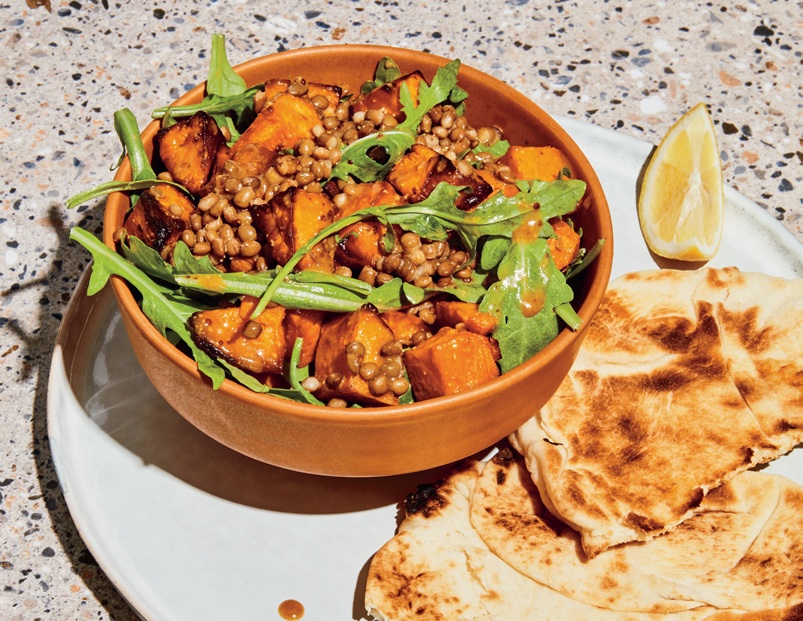

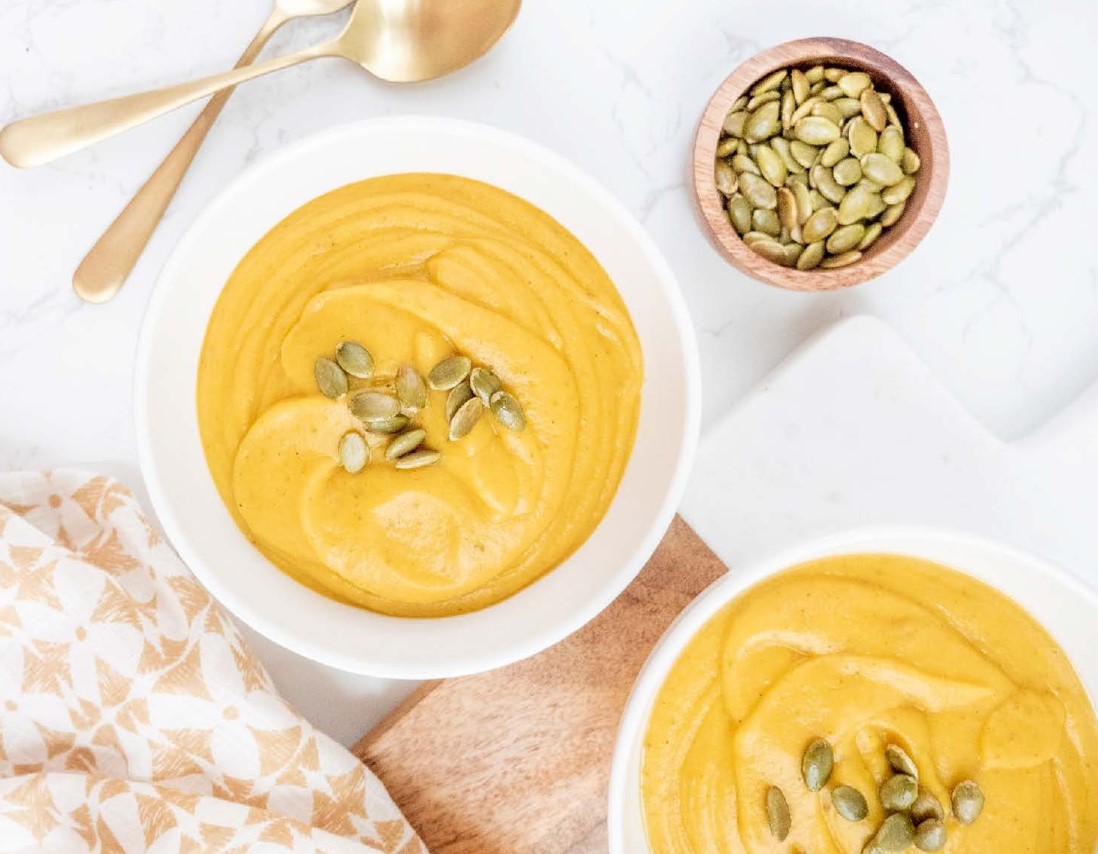
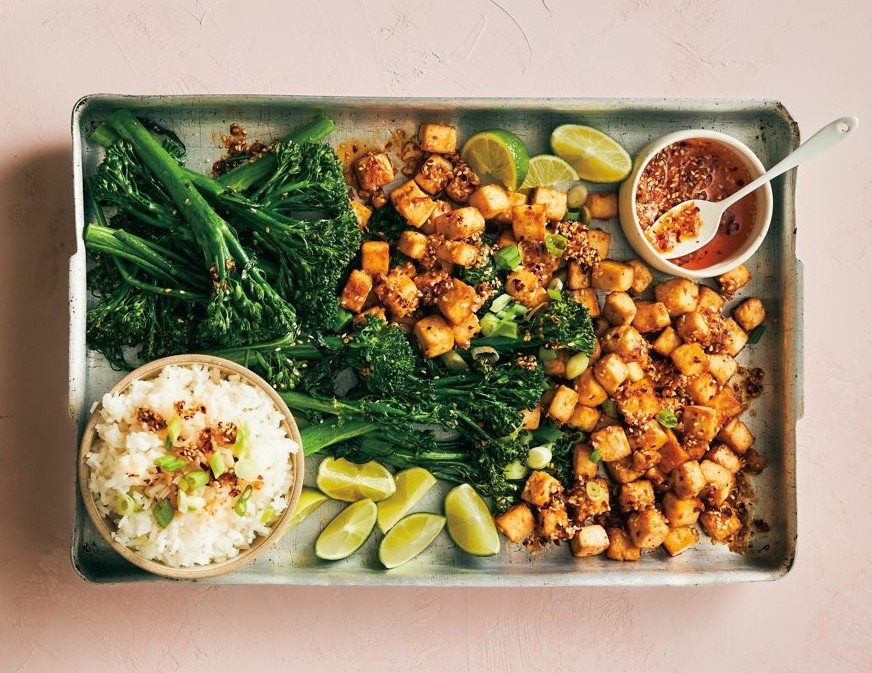
.jpg)

